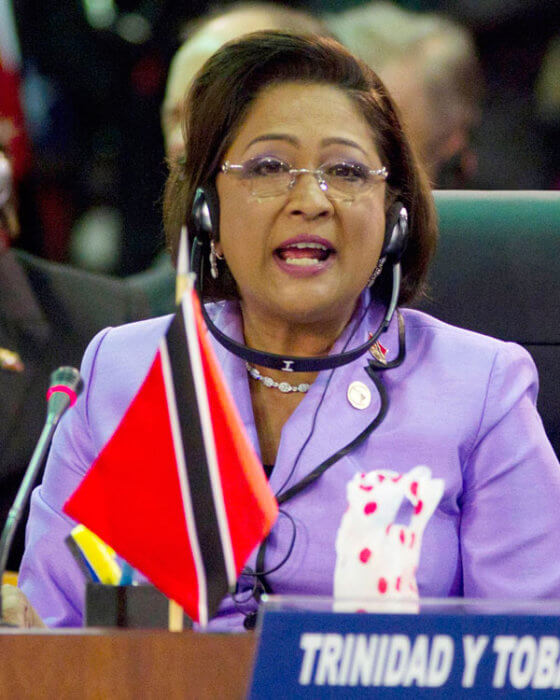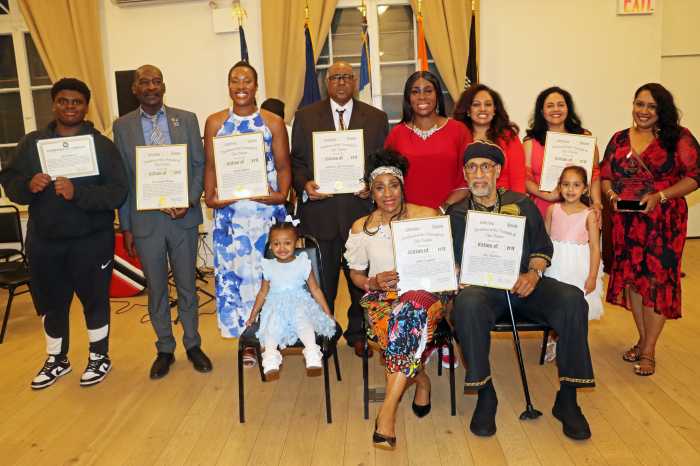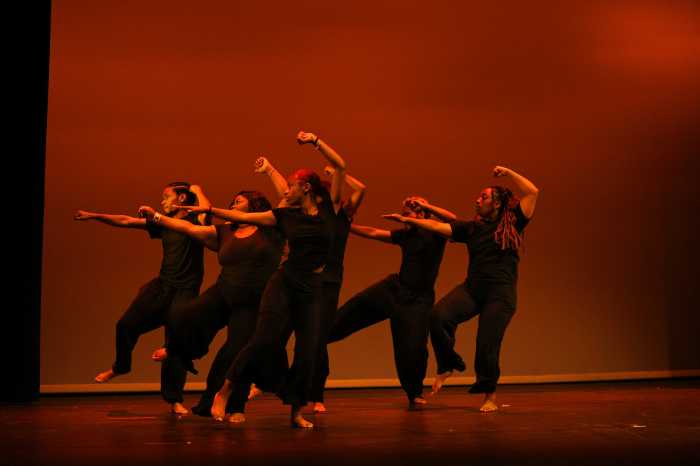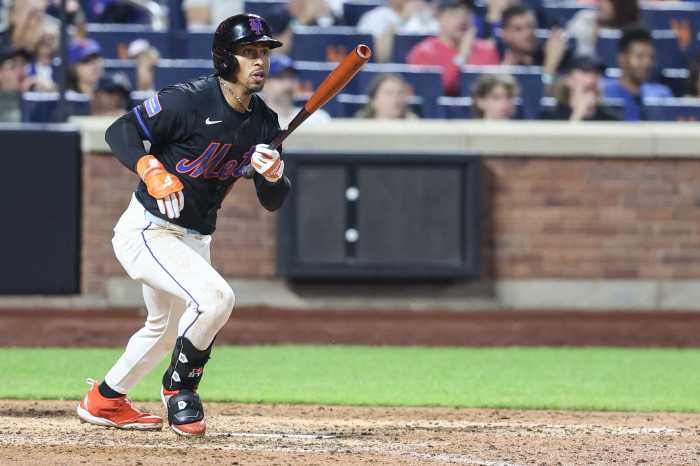A major row is developing in Trinidad and Tobago over the choice of the next ceremonial president with the main opposition party threatening a street war if the Keith Rowley administration goes ahead with the nomination of Senate President Christine Kangaloo as the next head of state.
Retired Trinidadian and regional judge Paula Mae Weekes is sticking to her initial plan to only serve only a single five-year term so as she heads into retirement, the two main political parties are fighting to ensure one of their own gets the top position, even though the position is titular and non-executive.
Prime Minister Rowley’s cabinet has already picked attorney Kangaloo who is the senate president representing the governing People’s National Movement (PNM). Because of this, the main opposition United National Congress (UNC) has deemed her as ineligible and partisan.
The national electoral college meets on Jan. 20 to pick a new head of state.

For its part, the UNC of former prime minister Kamla Persad-Bissessar has put forward respected senior lawyer Israel Khan, contending that he is fiercely independent and would be a better candidate than a politically tainted Kangaloo. Rowley, however has a different view arguing that Khan has been in a number of political parties and can clearly and easily be classified as a current UNC activist.
“Israel Khan has been very outspoken in abusing me publicly, and the PNM, and others. And, therefore, I think that’s a good pick for Ms.Persad-Bissessar. It shouldn’t surprise any of us. It falls to members of the parliament. If he gets 12 votes, if he gets 12 nominees, he will be a properly nominated person. And then we go and we’ll all vote in secret, and the matter will end there,” Rowley said. He also said that he had voted for a government nominee in the past while sitting as an opposition lawmaker.
Countering claims by the UNC that political persons should not be elected president, Rowley pointed to former prime minister Ray Robinson becoming president despite leading a government that had been opposed to the PNM and engaged in partisan politics.
“This matter is going very smoothly, according to the constitution, according to the practice and according to our history,” Rowley told journalists on Monday.
As the clock ticks, some of the more radical opposition lawmakers such as Wade Mark say they have to take a stance to prevent Kangaloo, a former PNM minister, from ever becoming president.
“This is going to determine whether we remain as a united country or whether we would have to go to war to ensure our freedom and rights are not snatched away from us. This is an assault on our very democracy, rights and freedoms, on our ability to hold free and fair elections. All of these matters are in danger,” Mark said at the weekend.
Trinidad has a ceremonial president because it is one of the few CARICOM member nations which have become republics since the first wave of independence from Britain at the turn of the 60s.
Dominica in the Eastern Caribbean has one as well. In late 2021, Barbados ditched the British monarch as its head of state, installing one of its own natives as president. Guyana, the first to become a republic as far back as 1970, has an executive president. Neighboring Suriname and Haiti also have executive presidents.
Several other regional bloc member nations have threatened to become republics, with Jamaica announcing that it is putting constitutional arrangements in place currently to make the switch.
The next Trinidadian president would be the seventh such person picked by the parliamentary electoral college.



























